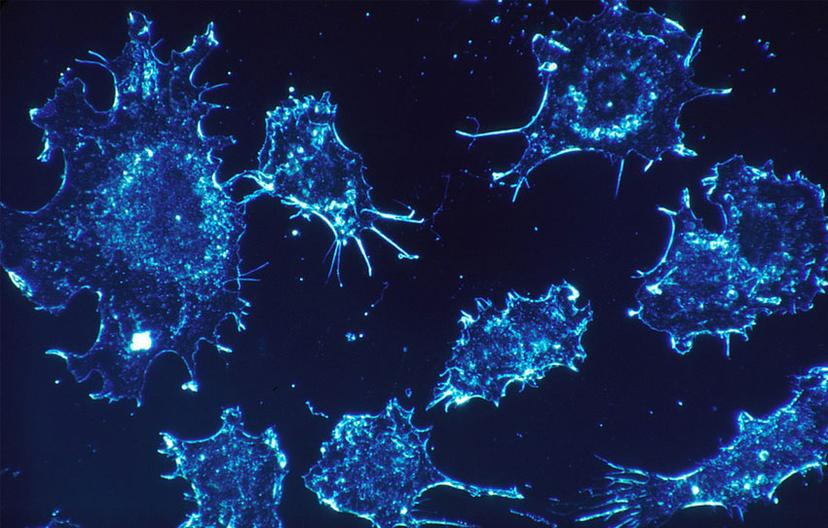Free Webinar: Why Do You Need Quality Controls for Oncology Assays?
Learn about the type of controls needed, and when to use controls in oncology assays
3 Nov 2017
The field of personalized medicine in oncology has witnessed tremendous growth, fueled by the increased use of molecular assays for cancer detection, research, and diagnosis. With the advent of liquid biopsy techniques, circulating tumor DNA (ctDNA) has recently gained prominence and shows great promise for transforming cancer diagnosis and management. The growing number of instrument platforms, assays, and targeted drugs have made the field of oncology companion diagnostics a hotbed of innovation. All these innovations drive the need for accurate and well-qualified quality controls and reference materials for assay development and implementation.

Subscribe to SelectScience and receive news, articles and free eBooks to your inbox! Join a community of thousands of scientists across the globe. Sign up here. It's free.
The ‘Why Do You Need Quality Controls for Oncology Assays?’ webinar on Thursday, November 9, will cover why you need QC controls for oncology assays, how to address this need and when to use them. The speaker, Dr. Kara L. Norman, Head of Research & Development for Clinical Quality Controls at Thermo Fisher Scientific, will also present initial findings on controls for oncology assays and discuss the importance of using controls.
Dr. Norman will present a decision paradigm on the need for controls when running oncology assays, the type of controls needed, and when to use controls as well as presenting findings from studies. The talk will be followed by an interactive Q&A session that gives you an opportunity to ask questions about quality controls.
In the webinar, Dr. Norman will cover the following:
- What are quality controls?
- Why is it critical to have reliable controls?
- What techniques are available for sequencing quality assurance?
- How can a lab simplify its sequencing quality assurance strategy?
- What are some of the pitfalls of current QC testing in oncology?
- What new control solutions are available?
Who should attend:
- Assay developers
- Molecular pathologists
- Clinical oncology researchers
- Medical lab professionals
Register to attend live or to receive an on-demand link to watch later.>>
